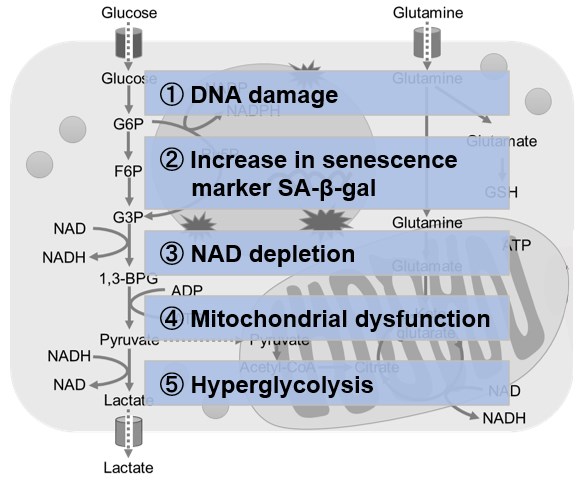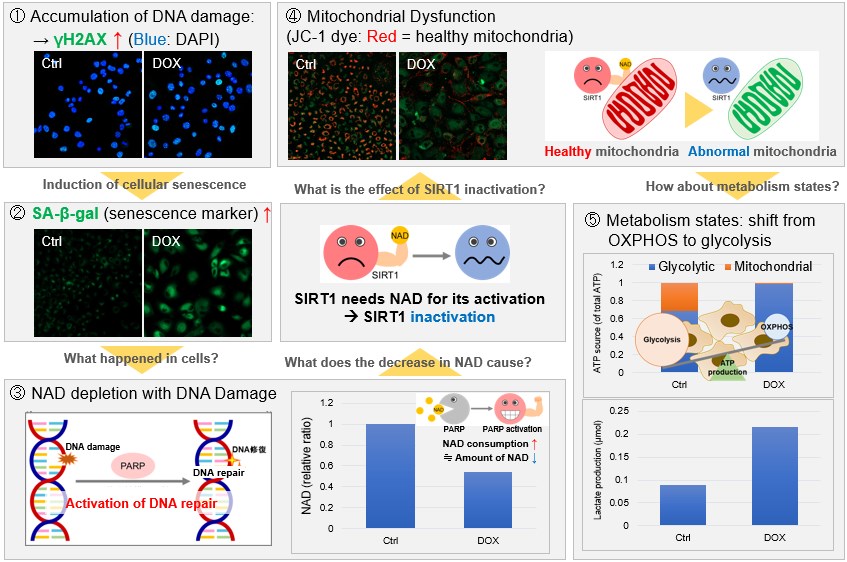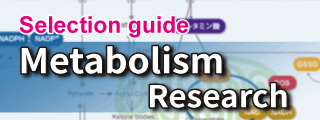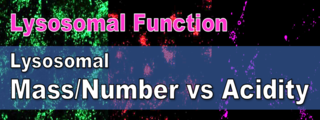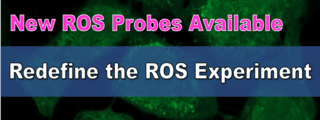|
This article focusing on what type of posttranslational modification, lactilation, plays an important role in regulating cellular metabolism and may contribute to hepatocellular carcinoma progression. These findings may suggest the possibility that the functional effect of Lactilation not only in cancer cells but also the phenomena where metabolic shifts to glycolysis occur such as cellular senescence. |
|
Lactylome analysis suggests lactylation-dependent mechanisms of metabolic adaptation in hepatocellular carcinoma Point of Interest - Lactate drives the posttranslational modification, lysine lactylation (Kla), on core histones but other targets remain unclear. - Lactylome and proteome analysis of the tumors and adjacent livers reveals 99.8% of Kla sites are on non-histone proteins. - Kla affects enzymes involved in metabolic pathways, including nucleotide metabolism. - Lactylation at K28 inhibits adenylate kinase 2, facilitating the proliferation and metastasis of HCC cells. |
| Related Techniques |
|
|
|
|
|
| Related Applications |
Metabolic shift to glycolysis in senescenct cells |
<Evaluation by Lactate production and ATP levels>
|
|
|




